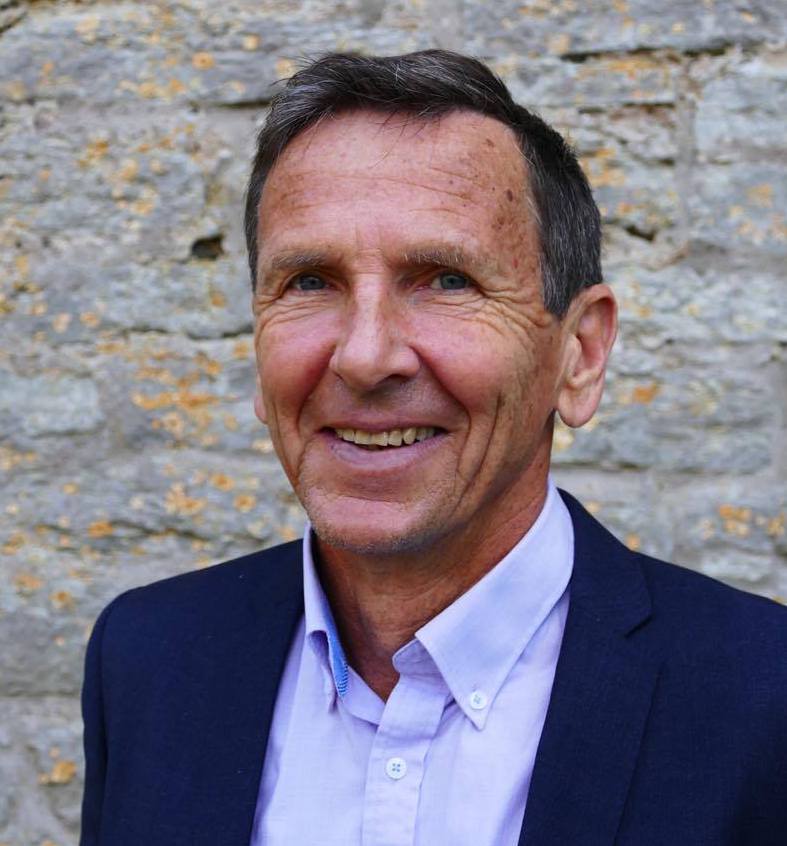
In my country, Ghana, children are the joy of their mothers and the pride of their fathers. The birth of a child is a special moment not just for the couple but the entire family. In many societies, particularly in Africa, childbirth is celebrated across the entire community, and rightly so.
Children are precious and looking into their eyes is like looking into happiness and peace itself. The soothing, warmth, and relaxed feeling of holding a baby the first time, their smell and smile just takes all my worries away.
I understand why many parents seem to forget their troubles when their baby is born. Mothers especially know this; once the cry of the baby is heard, feelings of pain, frustration, and fear vanish as if they were never felt. This precious moment of tranquil existence could be for every mother. Or at least that is what I thought until my friend and his wife were burdened with paying a hospital bill after their daughter was born. Bills that they are never supposed to pay in a country that claims to have a policy of Free Maternal and Child Health Care. Our joy turned to fury when we uncovered that unbeknown to us, it was a routine hospital practice to charge insurance beneficiaries fees for deliveries even though delivery services are covered by the insurance.
The hefty hospital bills that many mothers and their partners are made to pay after delivery in Ghana has the potential of preventing the country from meeting the Sustainable Development Goal 3 targets to reduce maternal mortality and neonatal mortality rates and advance towards universal health coverage including financial protection. According to the WHO (2017), preventable causes related to pregnancy and childbirth claim the lives of about 810 women daily with many deaths occurring in Sub-Saharan Africa. Severe haemorrhage, sepsis, pre-eclampsia and eclampsia, delivery complications, and unsafe termination of pregnancy result in about 3/4th of all maternal deaths. The maternal mortality rate and neonatal mortality rate in Ghana are more than 4.5 times and 2.3 times their targets respectively UNICEF 2015 report revealed.
Reducing maternal deaths
In Ghana, the Free Maternal and Child Health Care policy within the National Health Insurance Scheme supposedly provides fee-free antenatal care, normal or assisted deliveries, caesarean section, and post-natal care. The insurance’s establishment in 2003 was intended to replace the infamous “Cash and Carry” system, fee-paying, and provide access to healthcare to all Ghanaians. It has reduced maternal deaths and one study showed increased hospital delivery by 5-fold and even extremely high fold increases for antenatal and postnatal care visits for maternal beneficiaries. Through the policy, Ghana has made strides to reduce maternal deaths with a high impact rapid delivery programme in health facilities by midwives, through items such as skilled attendant deliveries.
But as my story above revealed, things are far from perfect. Many have complained of paying non-refundable deposits to various health care facilities with a regional minister expressing great sadness about the extortion of monies from insurance beneficiaries. A documentary with the dramatic name “Pay or Die” in 2021 highlighted the involvement of the hospital management team, medical officers, and midwives in extorting money from mothers after delivery with total disregard for their professional roles. They exploited mothers financially. These practices can hinder progress in reducing maternal and neonatal deaths, and reverse the trust placed in the healthcare system as many poor mothers would choose to deliver at home where skilled birth attendants are lacking, and the expertise and equipment needed to manage complications during and after delivery are non-existent.
Some argue that the extortion reported in delivery wards occurs as a result of factors such as poor financing, mismanagement, lack of transparency and corruption of the scheme that leads to delay or non-payment of claims to hospitals leaving hospitals in debt; many of whom may stop providing services. Regardless of explanations there is no way to justify this extortion. Though the scheme has condemned extortion and urged beneficiaries to read the scheme handbook to know their benefits, report attempted extortion and set up a committee to tackle corrupt practices, measures taken are inadequate.
“There is a need for a collaborative effort”
I argue that there is the need for a collaborative and consented effort of the insurance managers, health care providers, and other stakeholders such as the Ministry of Health, health regulatory agencies, civil society, interest groups, beneficiaries, the media, and the public to find solutions. This will include investigating and bringing extortionists to book publicly, and empowering mothers to assert their benefits. While doing these, the scheme must also ensure prompt payments of claims to health care providers. These measures are important to build public trust and social capital to help achieve the outcomes intended, one of which is to reduce maternal and neonatal mortality. Only when mothers can freely access the free maternal and child health care policy will they enjoy and reminisce on the joy and pride of the birth of their baby.
Written by Prince Attah Obeng, Master Student in Public Health at the Faculty of Medicine at Lund University. Edited by Jesper Sundewall, associate professor of health economics at HEARD at University of KwaZulu-Natal and of Global Health Systems at the Social Medicine and Global Health division at Lund University.











Recent Comments